Eat to Beat Seasonal Allergies
The onset of Spring brings with it seasonal allergies. For many people grass, mould and flower pollen results in an onslaught of allergy symptoms including sneezing, coughing, and itching. But before you resort to over the counter medications and anti-histamines, the good news is that natural allergy relief can be found in your kitchen.
Many foods contain a range of antioxidants, vitamins and minerals that can help lower inflammation and modulate the immune system to help reduce your symptoms.
Here’s some top foods to add to your plate.
Apples
Plant antioxidants quercetin and anthocyanins are found in many fruits and vegetables and are particularly beneficial as they help to stabilise mast cells in allergic patients and lower histamine, a chemical often associated with allergic symptoms. Apples are a good source of quercetin and studies have shown these polyphenols suppress histamine helping to alleviate symptoms of allergic rhinitis.
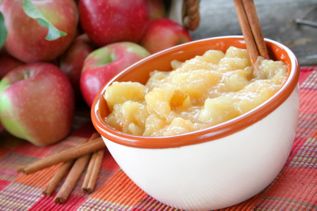
Broccoli & Broccoli sprouts
Broccoli is also rich in quercetin as well as being a source of sulforaphane, a potent anti-inflammatory compound. It also provides plenty of vitamin C which can also help to lower histamine and reduce allergy symptoms.
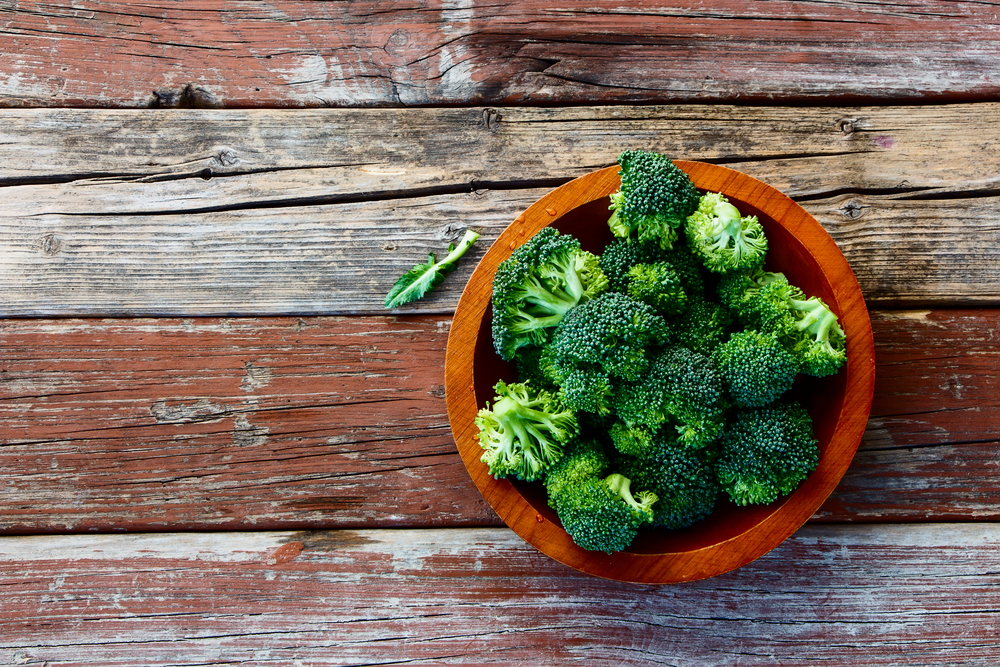
Blueberries
Berries such as blueberries are rich in polyphenols including resveratrol. One study published in the Journal of Nutrition found resveratrol suppressed IgE allergic responses.
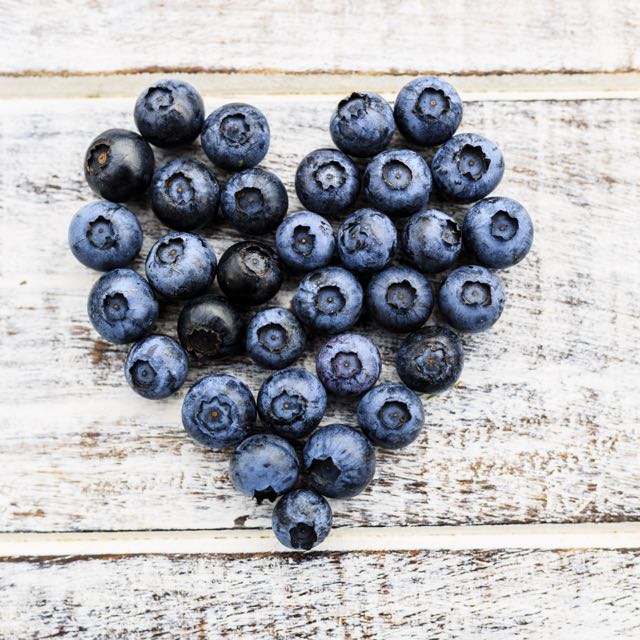
Watermelon
Watermelon is high in lycopene which has been shown to decrease the allergic response in asthmatics. Other foods rich in lycopene include tomatoes, papaya, Guavas, pink grapefruit, red pepper and asparagus.
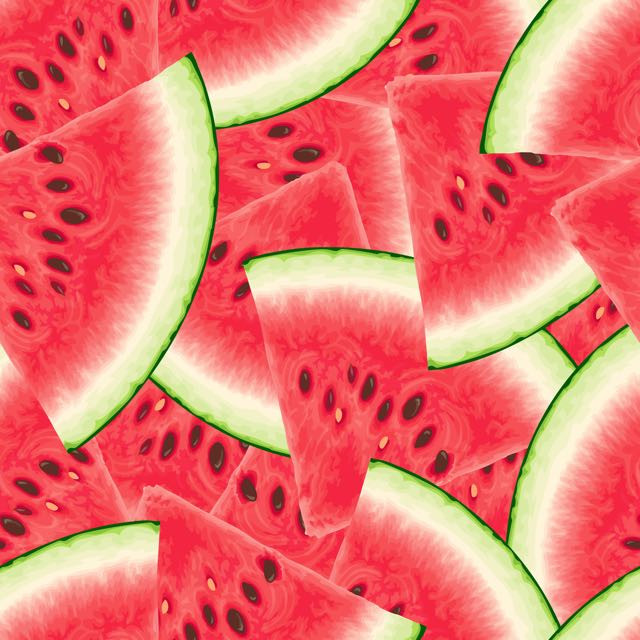
Nettle
One of the most popular natural allergy remedies. Stinging nettle’s anti-inflammatory qualities affect a number of key receptors and enzymes in allergic reactions, preventing hay fever symptoms if taken when they first appear. The leaves of the plant contain histamine, which may seem counterproductive but it appears to help you acquire tolerance.
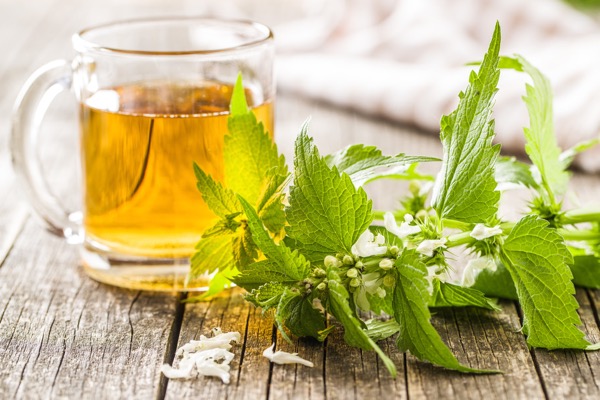
Pineapple
This tropical fruit contains an enzyme called bromelain which is a powerful anti-inflammatory and has been shown to help with allergic symptoms and sinusitis. Pineapple is also rich in vitamin C to help lower histamine levels.
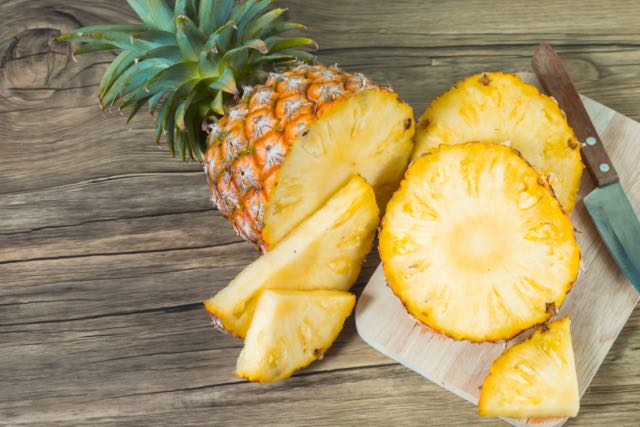
Parsley
More than just a garnish parsley is a great source of vitamin A, vitamin C, and carotenoids. It also contains a special flavonoid called apigenin, which is anti-inflammatory. Eating parsley also enhances adiponectin, a naturally occurring hormone that has potential anti-allergic effects.
Green Tea
Researchers have found a compound in green tea called EGCG may block the production of histamine and IgE. Try and drink 3-5 cups daily.
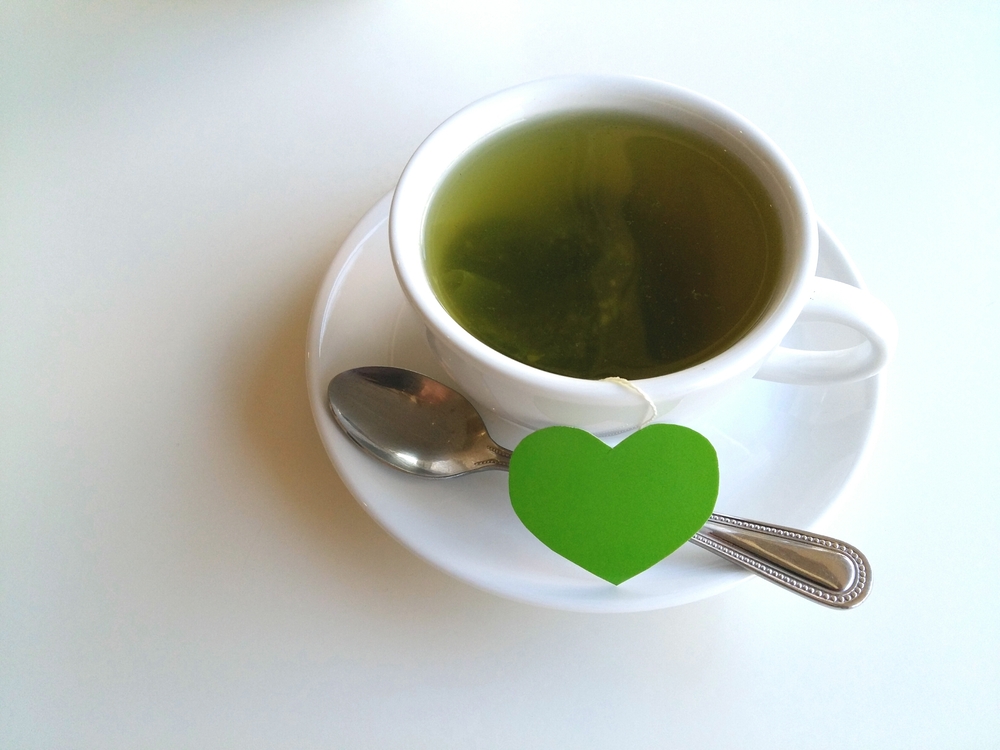
Butterbur
Leaves and roots of the butterbur shrub contain compounds called petasines, which can block some reactions that spark allergies. Butterbur has traditionally been used to treat bronchitis, excess mucus and asthma. However, a recent study of hay fever sufferers, found it to be as effective as some allergic rhinitis medications.
Turmeric
The active ingredient in turmeric is curcumin, which blocks mast cells from releasing histamine. It has the ability to remove excess mucous and reduce inflammation in the sinuses and respiratory tract. Turmeric can benefit sufferers of hay fever, asthma, bronchitis, and allergies.
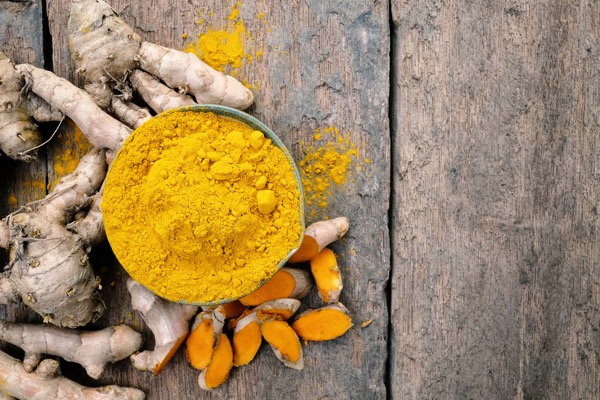
Salmon
Oily fish rich in omega 3 fats can be beneficial when it comes to seasonal allergy relief. Omega 3 fats help lower inflammation and may help reduce the risk of allergies. One study showed women who consumed apples and fish during pregnancy lowered the risk of asthma and allergies for their children.
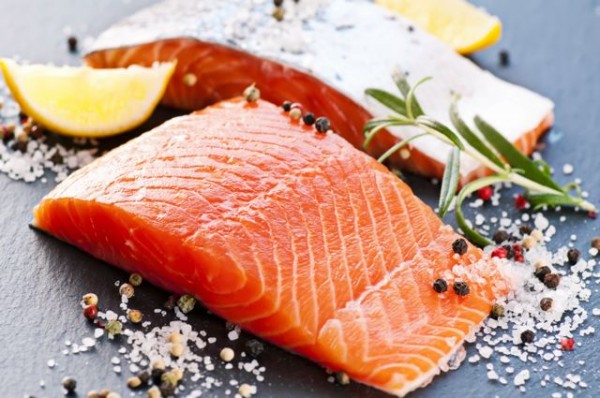
Probiotic Rich Foods
Probiotic foods support immune health and can help maintain a healthy gut lining. Fermented foods like kefir, sauerkraut, kimchi, natto, yogurt, raw cheese, miso and kombucha help to modulate the immune system and may reduce your body’s oversensitivity to food triggers that lead to allergy symptoms.
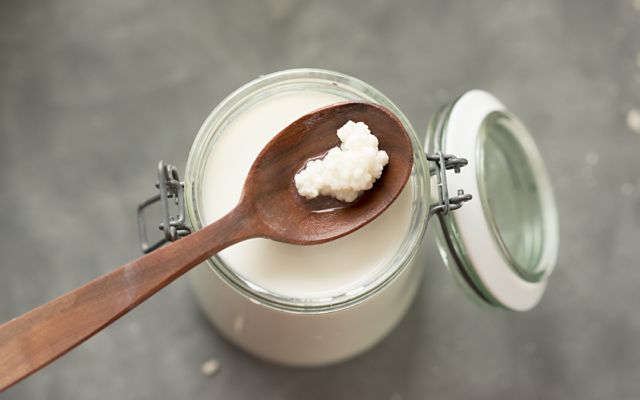
While you cannot always avoid seasonal allergy triggers by nourishing your body with the right foods you may be able to reduce your symptoms

